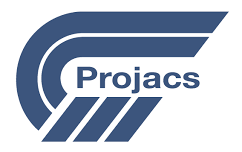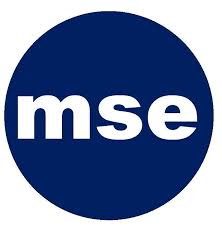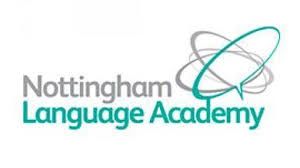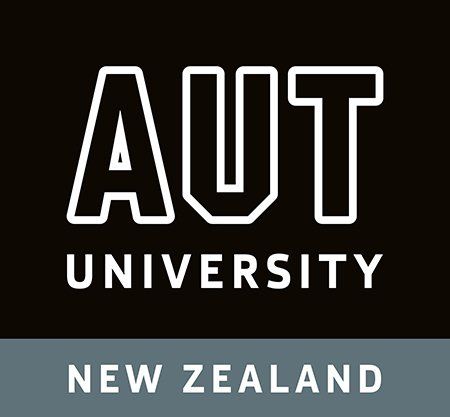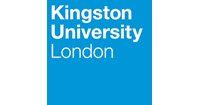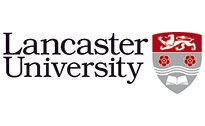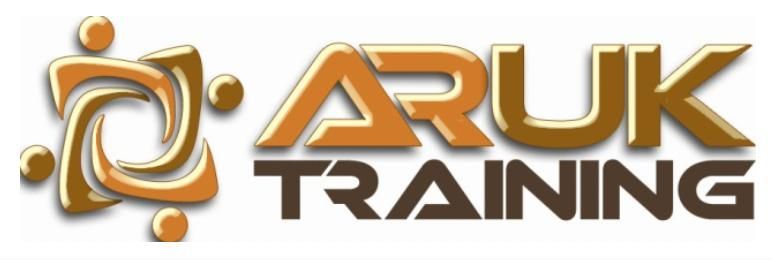
Maintenance Planning, Scheduling and Following up
Course ID: 2507077101073EGI
Course Dates : 07/07/25 Course Duration : 5 Studying Day/s Course Location: Dubai, UAE
Language: Bilingual
Course Category: Professional and CPD Training Programs
Course Subcategories: Operations and Process Excellence
Course Certified By: * Projacs Academy
* Professional Training and CPD Programs
Certification Will Be Issued From :
KSA
Course Fees: £2,940.22
Vat Not Included in the price. VAT may vary depending on the country where the course or workshop is held.
Click to Pay
Date has passed please contact us Sales@e-s-hub.com
Course Information
Introduction
Maintenance planning, scheduling, and follow-up represent the cornerstone of operational efficiency in industries reliant on physical assets. These processes ensure that equipment, machinery, and infrastructure are maintained at optimal performance levels, minimizing downtime and extending their lifespan. The integration of strategic planning with meticulous scheduling creates a framework for proactive maintenance, which is critical in today’s competitive industrial landscape. Organizations that excel in these areas often achieve significant cost savings, improved safety standards, and enhanced productivity.
The challenges associated with maintenance planning and scheduling are multifaceted. Without a systematic approach, organizations face issues such as unplanned breakdowns, inefficient resource allocation, and increased operational costs. A lack of coordination between departments can lead to miscommunication, delays, and suboptimal use of skilled labor. Furthermore, the absence of robust follow-up mechanisms often results in recurring problems, undermining the effectiveness of initial interventions. Addressing these challenges requires a deep understanding of both technical and managerial aspects of maintenance operations.
A well-structured maintenance plan serves as a blueprint for achieving operational excellence. It begins with identifying critical assets and assessing their condition, followed by prioritizing tasks based on risk and urgency. Scheduling ensures that resources—such as personnel, tools, and spare parts—are available when needed, while follow-up mechanisms verify that completed tasks meet quality standards and contribute to long-term reliability. This holistic approach not only addresses immediate concerns but also fosters a culture of continuous improvement within the organization.
The significance of this discipline extends beyond mere operational efficiency. Effective maintenance planning and scheduling play a pivotal role in ensuring regulatory compliance, reducing environmental risks, and enhancing workplace safety. Industries such as manufacturing, oil and gas, utilities, and transportation rely heavily on these processes to maintain uninterrupted service delivery. As regulations become increasingly stringent, organizations must adopt best practices to avoid penalties and reputational damage.
Professionals equipped with expertise in maintenance planning, scheduling, and follow-up are invaluable assets to their organizations. They possess the ability to transform reactive maintenance cultures into proactive ones, driving innovation and resilience. By mastering these competencies, individuals can position themselves as leaders in their field, capable of contributing to strategic decision-making and organizational growth. The demand for such skills continues to rise, making this an opportune time for professionals to enhance their capabilities.
This course has been meticulously designed to provide participants with the knowledge and tools necessary to excel in maintenance planning, scheduling, and follow-up. Through a blend of theoretical insights and practical applications, attendees will gain a comprehensive understanding of industry best practices. By the end of the program, participants will be equipped to implement strategies that optimize asset performance, reduce costs, and improve overall operational outcomes.
Objectives
By attending this course, participants will be able to:
Develop comprehensive maintenance plans tailored to the specific needs of their organization.
Create efficient schedules that maximize resource utilization and minimize downtime.
Implement robust follow-up procedures to ensure sustained performance and compliance.
Utilize advanced tools and technologies for data-driven decision-making in maintenance operations.
Identify and mitigate risks associated with poor maintenance planning and execution.
Foster collaboration across departments to streamline workflows and enhance communication.
Align maintenance strategies with organizational goals to drive long-term value creation.
Who Should Attend?
This course is ideal for:
Maintenance managers and supervisors seeking to enhance their strategic and operational capabilities.
Engineers and technicians involved in the design, implementation, or oversight of maintenance programs.
Operations managers responsible for ensuring seamless integration between production and maintenance activities.
Professionals in asset management roles aiming to optimize lifecycle costs and performance.
Safety officers and compliance specialists tasked with maintaining regulatory adherence.
Individuals from industries such as manufacturing, energy, utilities, transportation, and facilities management who wish to deepen their expertise in maintenance planning and execution.
Training Method
• Pre-assessment
• Live group instruction
• Use of real-world examples, case studies and exercises
• Interactive participation and discussion
• Power point presentation, LCD and flip chart
• Group activities and tests
• Each participant receives a 7” Tablet containing a copy of the presentation, slides and handouts
• Post-assessment
Program Support
This program is supported by:
* Interactive discussions
* Role-play
* Case studies and highlight the techniques available to the participants.
Daily Agenda
The course agenda will be as follows:
• Technical Session 08.30-10.00 am
• Coffee Break 10.00-10.15 am
• Technical Session 10.15-12.15 noon
• Coffee Break 12.15-12.45 pm
• Technical Session 12.45-02.30 pm
• Course Ends 02.30 pm
Course Outlines
Fundamentals of Maintenance Planning
Overview of maintenance planning principles and their impact on organizational success.
Identifying critical assets and conducting condition assessments.
Understanding the role of preventive, predictive, and corrective maintenance.
Developing a maintenance strategy aligned with business objectives.
Day 2:
Scheduling Techniques and Resource Management
Key elements of effective maintenance scheduling: timelines, priorities, and constraints.
Allocating resources efficiently—personnel, tools, and spare parts.
Balancing planned and unplanned maintenance activities.
Tools and software for creating and managing maintenance schedules.
Day 3:
Risk Management and Compliance
Identifying potential risks in maintenance operations and their mitigation strategies.
Ensuring compliance with industry standards and regulatory requirements.
Incorporating safety protocols into maintenance plans and schedules.
Case studies on risk management failures and lessons learned.
Day 4:
Implementation and Follow-Up Mechanisms
Executing maintenance plans: transitioning from theory to practice.
Establishing key performance indicators (KPIs) to measure maintenance effectiveness.
Conducting post-maintenance reviews and root cause analyses.
Continuous improvement through feedback loops and data analysis.
Day 5:
Advanced Topics and Practical Applications
Leveraging technology: IoT, AI, and predictive analytics in maintenance.
Building a culture of proactive maintenance within the organization.
Group exercises: designing a maintenance plan for a hypothetical scenario.
Final review and Q&A session: addressing participant queries and sharing best practices.







